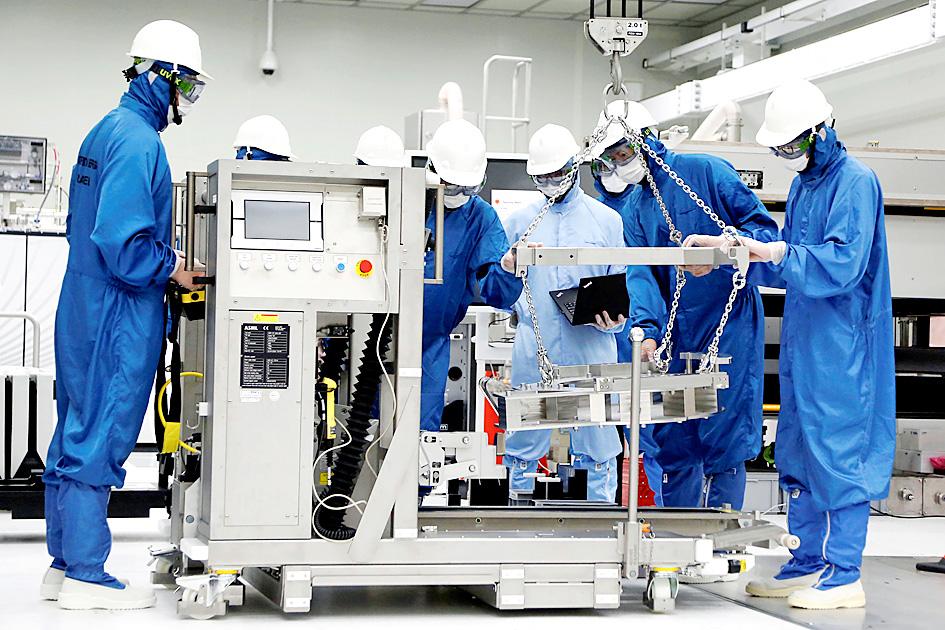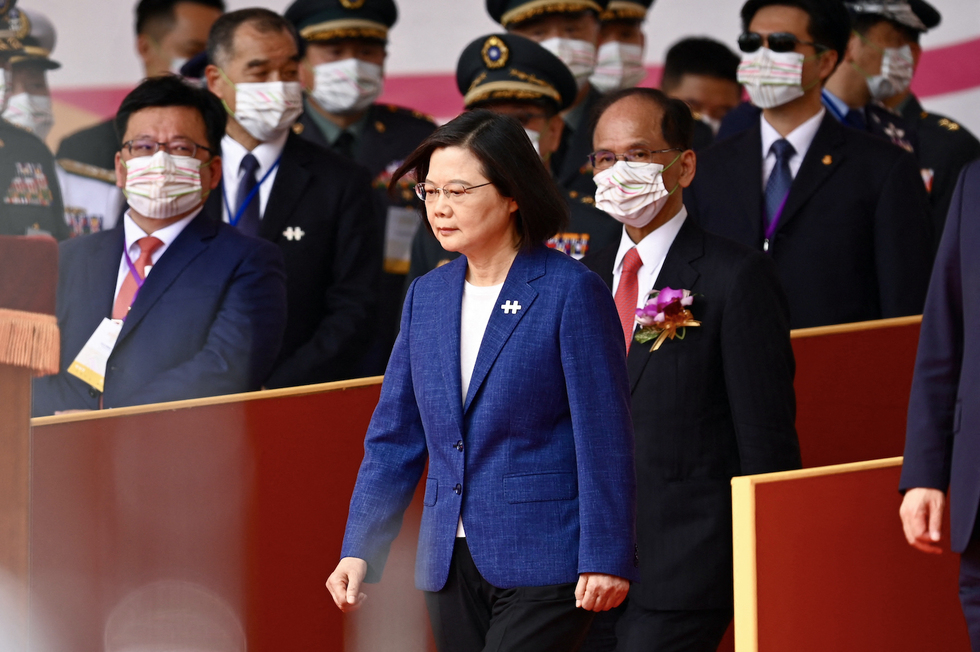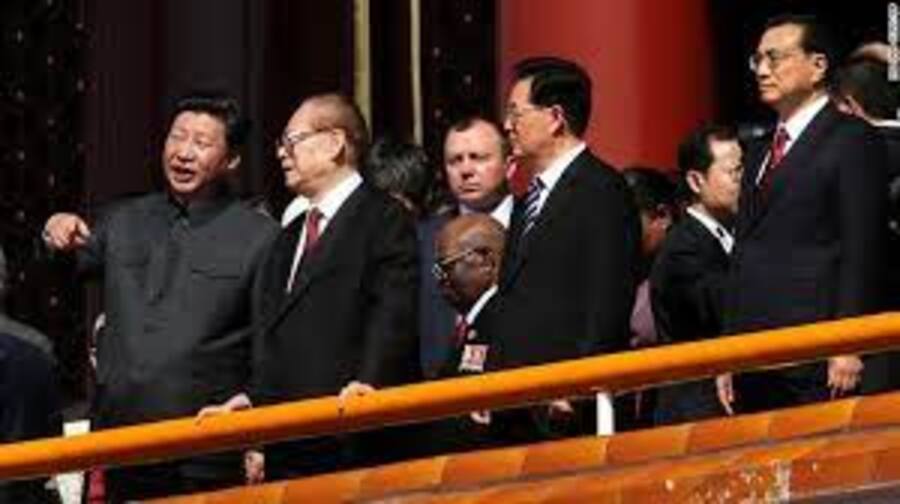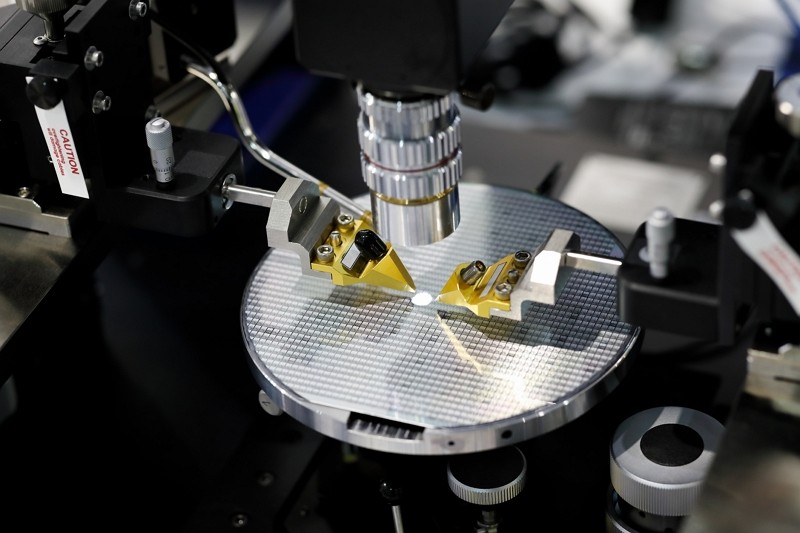Beijing has diverted to the standard playbook of commerce limitations following United States House of Representatives Speaker Nancy Pelosi’s trip to Taiwan.
Behind Pelosi moved with her visit to the democratically-ruled island despite China’s prophecies, Chinese authorities stopped imports of citrus fruits and fish and exports of sand.
Chinese media also declared that significant military exercises around Taiwan would begin on Thursday, stating the drills as a “rehearse reunification process”.
The commerce activities have been widely analysed as political activities sought to pressure the island, which Chins considered a breakaway region that should be “reunified” — by power if required — although Chinese administrators noted biosecurity and other trade-related settings.
Yet, China’s wayward shot at financial pressure conspicuously rejected Taiwan’s most valuable export: semiconductors. That is probably because Beijing depends on Taiwan’s exports of the critical components almost as much as the island does.
For China, targeting Taiwan’s semiconductor initiative would come at the cost of substantially harming itself.

Taiwan conquered the international enterprise for semiconductors, essential ingredients from smartphones and medical appliances to automobiles and fighter jets.
The Democratic island accounts for 64 per cent of semiconductor manufacturing income, according to TrendForce, with enterprise head Taiwan Semiconductor Manufacturing Co (TSMC) alone taking up more than half of the total pie.
For the most advanced semiconductors, democratic island accounts for 92 per cent of the show, according to a statement by Boston Consulting. For Taiwan, officially identified by just 13 nations and the Vatican, the semiconductor industry’s significance to the thrift and Taiwan’s safety can scarcely be exaggerated.
After years of a volatile market, semiconductors now make up almost 40 per cent of exports and about 15 per cent of gross domestic product.
“The semiconductor industry is critical for Taipei’s protection because it promotes Taiwan’s strategic priority for other nations, particularly the United States and Western Europe.”
While China’s targeting of citrus fruits and fish stands is predicted to have the tiniest impact on Taiwan’s thrift, it could impose far more additional hurt by missing off imports of the chips.
Taiwan relies on its semiconductor enterprise, while Beijing does.
The world’s second-largest thrift accounts for 60 per cent of the international market for semiconductors, according to 2020 Congressional Research Service information.
According to the same announcement, more than 90 per cent of that need is met by imports and foreign firms with the exhibition in the country.
Despite running billions of dollars into expanding its enterprise, Beijing contains less than 10 per cent of the market, guided by Shanghai-based SMIC.
“Beijing is hanging on Taiwan because while Chinese businesses can create semiconductors, they have little ability to fabricate them, particularly at the top border.
How long Taiwan’s semiconductor power may prevail is pending.
Chinese President Xi Jinping has told the dependence on alien technology as the “most significant secret threat” confronting the nation and pledged to improve its independence. Under the “Made in China” industry, China has committed to supporting $1.4 trillion between 2020 and 2025 in high-tech sectors, including semiconductors.

